What are the risk factors for smoke taint and what should you look out for in the glass?
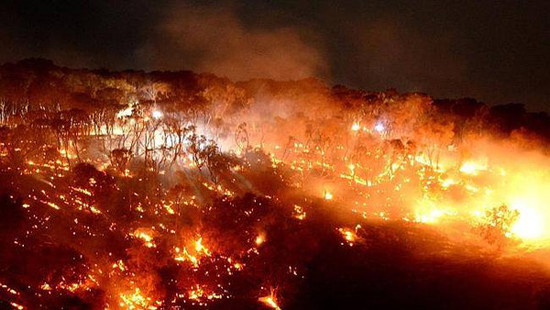
What affects smoke taint in wine grapes?
The amount of smoke. Obviously.
The wind direction
How long the smoke remains in the area
The ripeness of the grapes. Before veraison – the start of ripening when the grapes change colour – means more chance of grapes surviving unscathed.
Flavours to watch out for
Smoke
Plastic
Horse stable-like aromas
Medicinal [Source: Australian Wine Research Institute]
Full article: Fire smoke and wine
Bo Jacobsen, by email, asks: Every year we read about terrible forest fires in Australia [and elsewhere – ed.]. I feel these must have an effect on the vineyards.
Obviously they might be destroyed, but even if they’re not, does the ash and the smoke have an effect on the wine?
Michael Hill Smith MW replies:
Australia is a big place and, yes, bushfires can be an issue in some of our many wine regions from time to time.
But it would be a mistake to assume that Australian vineyards are ablaze every summer.
While the physical loss of vines is an obvious consequence of a fire, smoke taint can also be an issue and can have a negative effect on the wine.
Compounds in the smoke can be absorbed through the grape skin, particularly if the fire occurs close to harvest.
What affects smoke taint?
A fire close to a vineyard does not necessarily mean that the grapes will be smoke affected.
The amount of smoke, the wind direction, how long the smoke remains in the area and timing in regard to ripeness are all factors.
Tasting smoke in wine
A winemaker can conduct a small ‘bucket fermentation’ to see whether smoke has contaminated grapes.
This is done by chemical analysis and specialised tasting.
The Australian Wine Research Institute (AWRI) found more than 50 compounds linked to smoke taint in wine in a 2009 study.
It quoted winemakers describing overly smoked aroma in the wines, or that some contaminated wines were like ‘licking an ashtray’.
It also reported plastic aromas in some affected wines.
Quality control
If grapes do show signs of smoke taint, winemakers may choose not to pick them at all.
Smoke taint in finished bottled wine is rare in Australia, given the high quality-control standards of Australian wineries and the exacting work of the AWRI.
Translated by Leo / 孔祥鑫
All rights reserved by Future plc. No part of this publication may be reproduced, distributed or transmitted in any form or by any means without the prior written permission of Decanter.
Only Official Media Partners (see About us) of DecanterChina.com may republish part of the content from the site without prior permission under strict Terms & Conditions. Contact china@decanter.com to learn about how to become an Official Media Partner of DecanterChina.com.

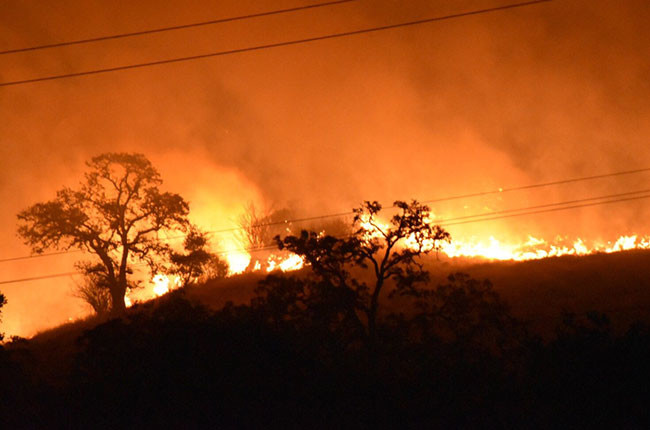
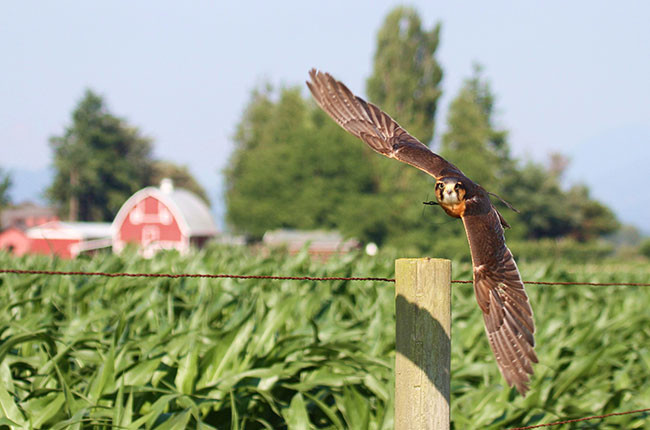
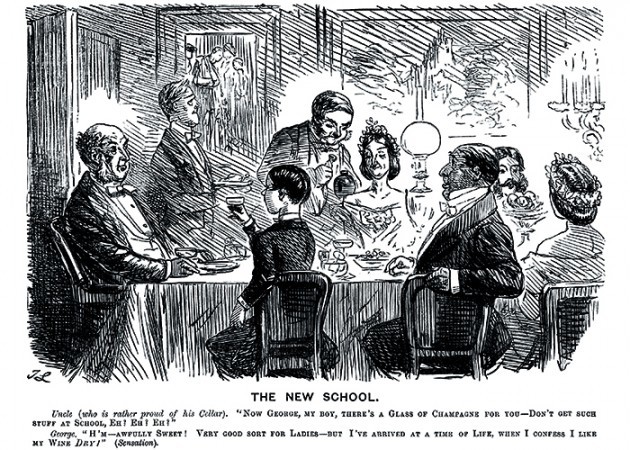

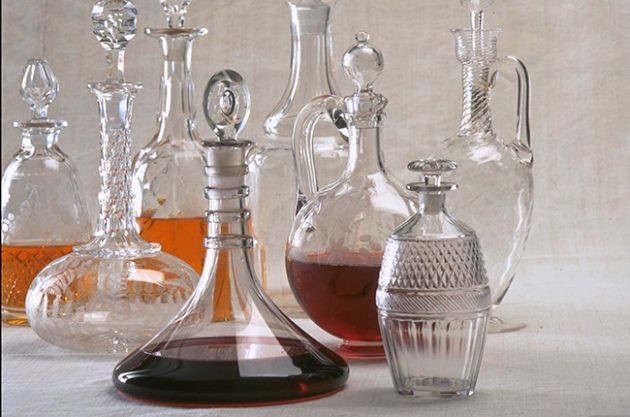

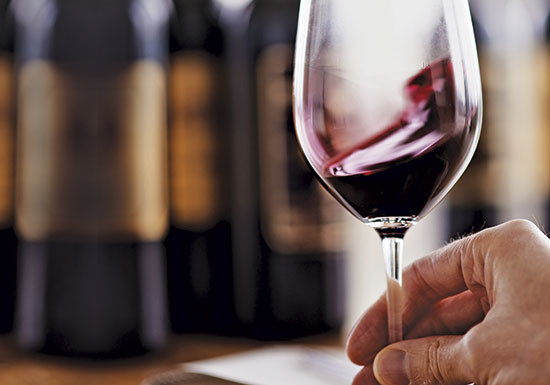
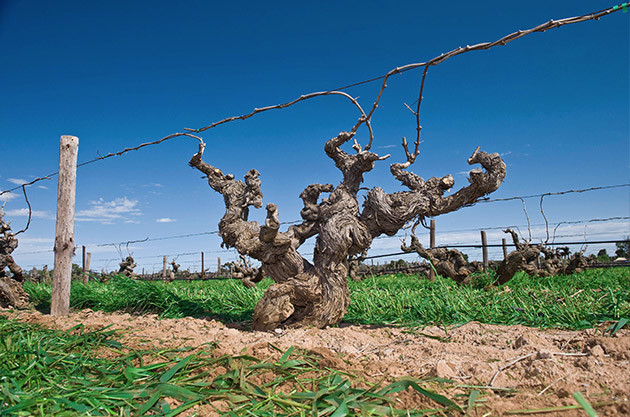
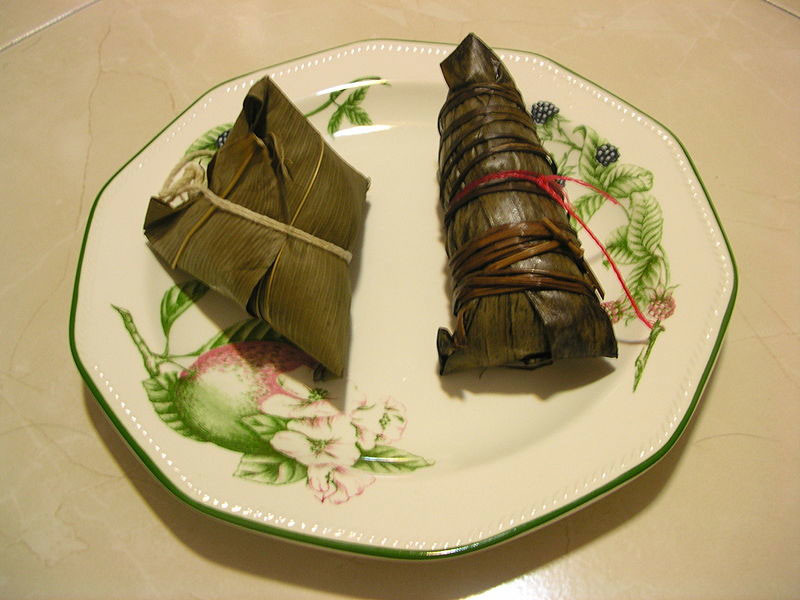
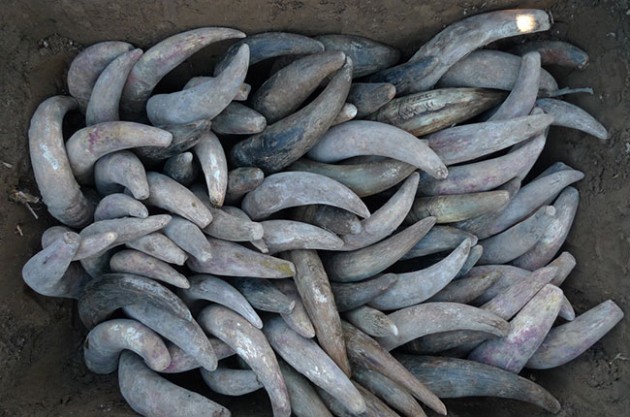
Comments
Submit